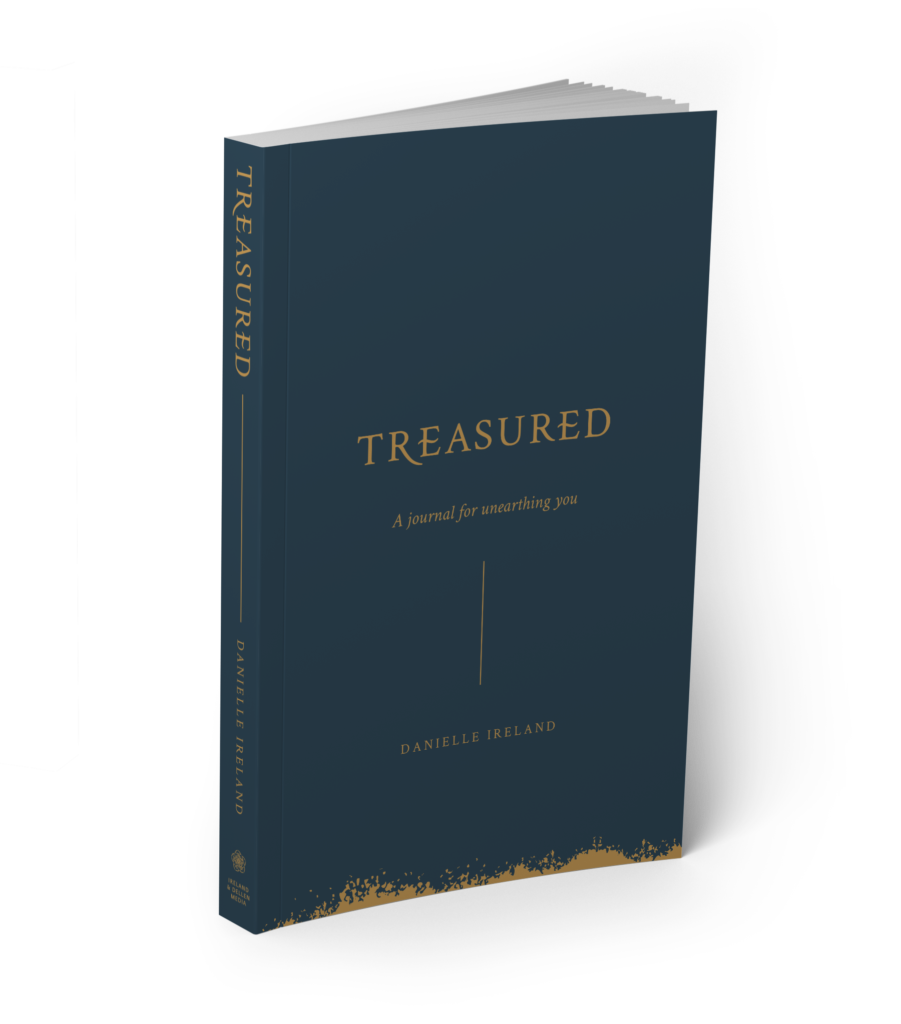If so, it’s not your fault. And, in extreme cases has a name – superautonomous self-sufficiency.
This name – superautonomous self-sufficiency – is new to me. However, its definition, “an exaggerated and outsized aversion to asking anything of anyone,” (Gabor Mate’ MD) is something I am VERY familiar with. My guess is, you are too.
But while familiar, what may surprise you about this behavior is that it’s a response to trauma.
Let me repeat that. Having an exaggerated and outsized aversion to asking ANYTHING OF ANYONE is a trauma response.
So, no. It’s not:
- Just who you are
- Your personality
- How it is
It is a learned and conditioned response. No one was born this way. “It’s a coping strategy, and it takes a lasting toll” (Mate’). And before we get too serious, heady or technical, I want to skip ahead to the good news. If it was learned, it can be unlearned.
Before it can be unlearned, it first needs to be acknowledged.
Other truths that are also helpful to acknowledge:
- This behavior was learned overtime. It will likely take time to unlearn.
- Your brain developed a strategy (not asking for help) that was serving you at one point in time (likely in childhood). It just might not be serving you now. That’s okay.
- You are capable of change.
If we think about making change in gentle one degree shifts, it can feel more manageable and no so overwhelming. Below I’ve listed some small personal examples that I’ve been doing in the last couple weeks to try and ask for what I need. It can be helpful to also consider the areas of your life you find it most challenging to ask for “anything” (help, support, what you need, etc.).
For me it’s 1) personal time, 2) not committing to plans, and 3) silence.
- Personal time – A few mornings a week, I’ve asked my husband for an extra 10-15mins in the morning to myself before coming downstairs to help with my daughter’s morning routine.
- Not committing to plans – When I receive invitations to events, dinners, holiday festivities, etc. I’ll ask if they need a commitment, or if they’re open to a “maybe”. There have been so many times when I’ve said “yes” to something that sounded great at the time. Then, the date came and I was pooped. Or! I said “no” because I thought I’d be too tired and later caught a second wind. “Maybe” has been a lifesaver for me, and more often than not, when I release the pressure to have to commit I’m more in touch with responses that are whole-hearted YES’s or whole-hearted NO’s.
- Silence – Silence is restorative for me. Deeply. And, sharing space with other humans can make it harder to come by. The tricky thing about this particular need is that I’m often not aware of it until I’m annoyed or overwhelmed by sound. This past weekend, I was decorating the Christmas tree (any other early decorators out there?!) and it hit me. A TV playing Encanto. A husband singing along to his Spotify playlist. The banging of a toy on the hardwood floor. And then, I said it. “Could we pause the movie and the music for a bit?” Sweet relief.
As we move into season of giving, consider what corners of your life – relationships, roles, responsibilities, etc. where you could benefit from doing a little more asking.
New on the podcast

Ep. 112 Gratitude & Toxic Positivity
There really is no escaping the year-end holidays. From decorations to music to parties, the season is everywhere! And, with the season, comes the expectation that this is a festive time of year and you had better get on board and be grateful.
We love and encourage feelings of gratitude. Gratitude feels good and we want to feel good, right? But gratitude can go very wrong when it doesn’t allow for a full range of emotion. When there is no space to feel anything else, gratitude can tip over into toxic positivity. So, this is a discussion of what gratitude really is and how we can access it in a healthy, authentic way.
Because gratitude is a feeling, practicing gratitude without actually feeling gratitude is an empty exercise. But when we are truly in a state of gratitude, we are creating new neural pathways in the brain. In this week’s episode I’ll share a few techniques for a gratitude practice that can help you develop those pathways:
- Doing mirror work
- Telling someone what you love/appreciate/respect/value about them
- Asking someone what they love/appreciate/respect/value about you
- Journaling
Just as we’ve been conditioned over the years to think negative thoughts, these techniques and others can recondition the brain—and being able to access the new pathways literally can be lifesaving.
As always, feel free to reach out with questions, comments, or experiences that you might want to share. If you liked this episode, please rate, review, and subscribe to the podcast. Your feedback helps me increase the value of the program for you and makes it easier for other listeners to find us.
Other places to close the gap:

the Treasured journal on sale for black friday 25% OFF
- Use the CODE: BLACKFRIDAY25 Nov. 25th – Nov. 28th
- A 7 part guided journal to help you deepen your relationship with the most important relationship in your life – the one between you and you.
If you have any thoughts, Q’s or topics that you want me to cover send your thoughts to da******@*************nd.com and use the subject line Topic Idea.
The best things in life are shared. Share this email with someone you love and invite them along!
